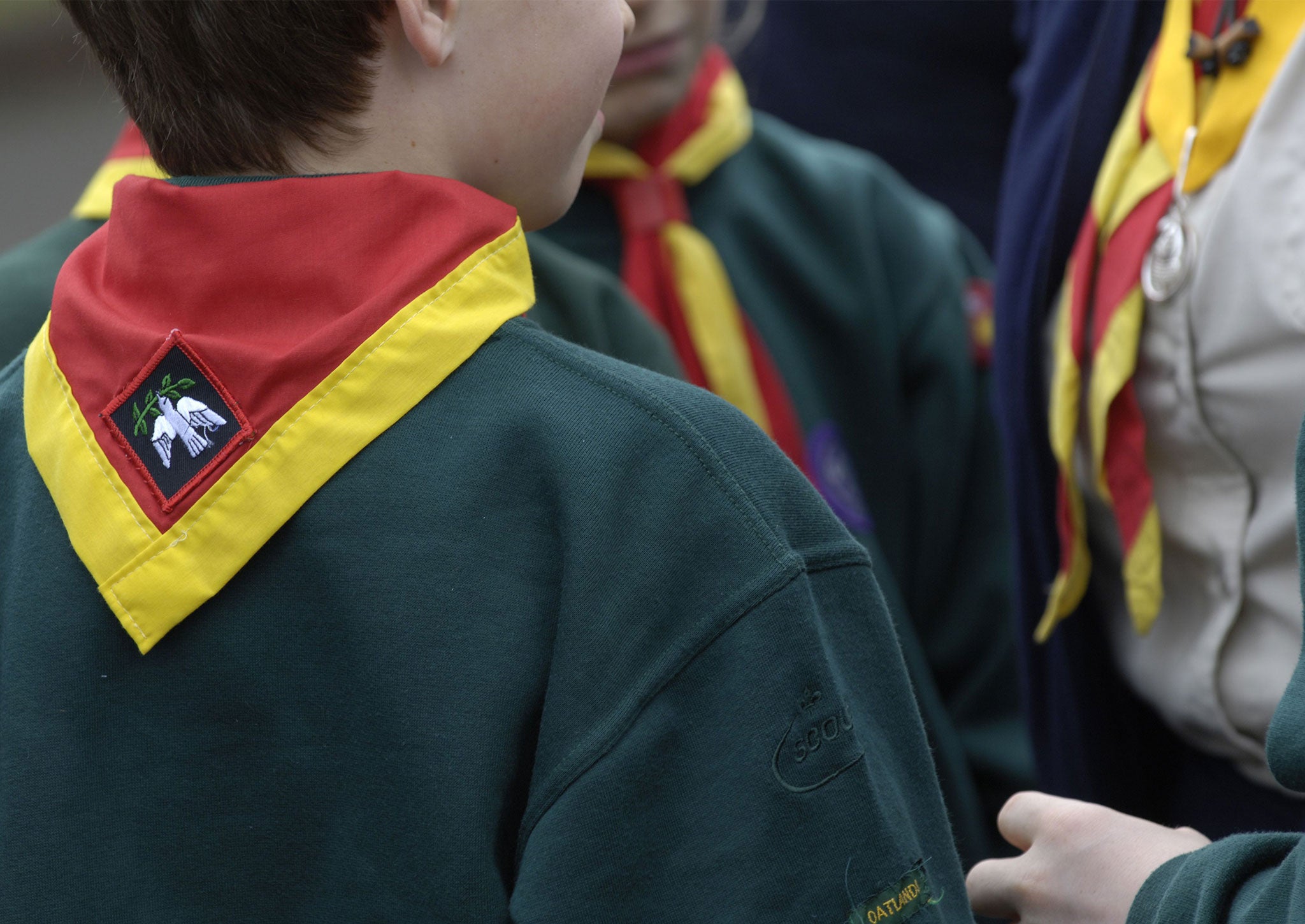Over 150 cases of child abuse in the Scouts have now been reported — and it's only likely to get worse
As a lawyer who's been dealing with the victims, I've heard stories that shatter the safe and trustworthy image of the Scouts

December 10 may not have been an important news day for many, but for some a short segment on the BBC news evoked painful memories.
The piece involved a client of my firm talking about the abuse they suffered in the Scout Association. Within minutes of the story breaking, my firm was fielding calls from people who claimed they had also suffered physical and sexual abuse whilst in the Scouts.
Since then, over 150 people have contact us to report their abuse in the Scouts. Some of the cases involved abuse on a single occasion, while others complained of events taking place over a period of several years.
Many callers were in tears and had never before spoken about their abuse. Others described reaching out to the Scouts or to the Police and being ignored. To put the figures in context, the Scout Association has said that only 48 previous abuse claims have been made against them since its formation in 1907.
The accounts of abuse that have been reported are as individual as they are saddening. There are, however, threads of similarity running through the narratives. People often feel that they were the only ones to have suffered abuse at the hands of a Scout leader, and have carried the pain of the abuse around with them for their whole lives.
One caller spoke of his difficulty in finding resolution after the Scout Association failed to apologise even after his abuser was convicted. Another told of how his parents’ reports were dealt with by the Scout Association internally and the abuse was never reported to the police. Unfortunately, there appear to have been numerous cases where the Scout Association failed to act appropriately after allegations of abuse were made.
As a result of these recent allegations, the Scout Association has finally made a full apology to “all those who have been abused during their time in Scouting". They have stated that "the safety and support of young people in Scouting is our number one priority. Any abuse of young people is abhorrent and we are deeply sorry for anybody hurt by the actions of abusers”.
They also acknowledged that they were at fault for failing to report allegations of abuse to the police, for which they were again “deeply sorry”.
Part of the reason that the stories of prolific abuse in the Scouts have caused this level of publicity is that the Scout Association was previously perceived as being a wholly trustworthy institution. Similar incidents of abuse had already been uncovered in institutions such as the Catholic Church, as well as children's homes. But the scale of abuse in the Scouts was not publicly known.
Desperate to play down the extent of the allegations, the Scout Association has released a number of press releases about their safeguarding procedures. Scout leaders have also been issued with a template letter to forward to parents who have concerns regarding the revelations.
A difficulty faced by the Scout Association is that, on one hand, they say that they have “operated safeguarding processes designed to keep our youth members safe since the Movement was created and these have often been at the forefront of good practice standards.”
However, this leads to the unattractive conclusion that they have done all they can and are still unable to control their servants or protect the children they are entrusted to look after. The Scout Association do say that their “capacity to keep young people safe is always evolving and improving,” but this will be of little solace to those who have already suffered abuse.
Many will be wondering why it has taken so long for these people to come forward. Indeed, some of the earliest abuse reported goes back to the 1940s. However, it is hard to appreciate the difficulty of disclosing abuse by those who have suffered it.
On one hand, the abusers are adults, in a position of authority, so the child is automatically at a disadvantage and will fear not being believed. There is often a sense of shame and confusion borne out of a lack of understanding about what they have experienced.
Therefore the child is unlikely to report the abuse at the time, and several years may have passed by the time they are mature enough to process what has happened. By then it seems too late, so people tend to try and bury the abuse. It's for this reason that the civil courts can allow those who have suffered abuse to issue court proceedings after the normal time limit has expired.
For those wanting to gain more insight into this, my firm commissioned a film entitled “All Together We’ll be Heard”, in which a number of survivors of abuse explain their own personal journey and the difficulties they faced in disclosing their abuse.
Often when abuse is exposed, more victims gain the courage to come forward, and the number of cases multiply. Sadly, it now seems inevitable that in the coming weeks and months there will be many more reports, as people continue to be affected by the story. Consequently, it may be some time before the full picture of the abuse can be seen.
Oliver Jeffcott is an associate solicitor at Bolt Burdon Kemp where he specialises in getting compensation for the survivors of child abuse.
